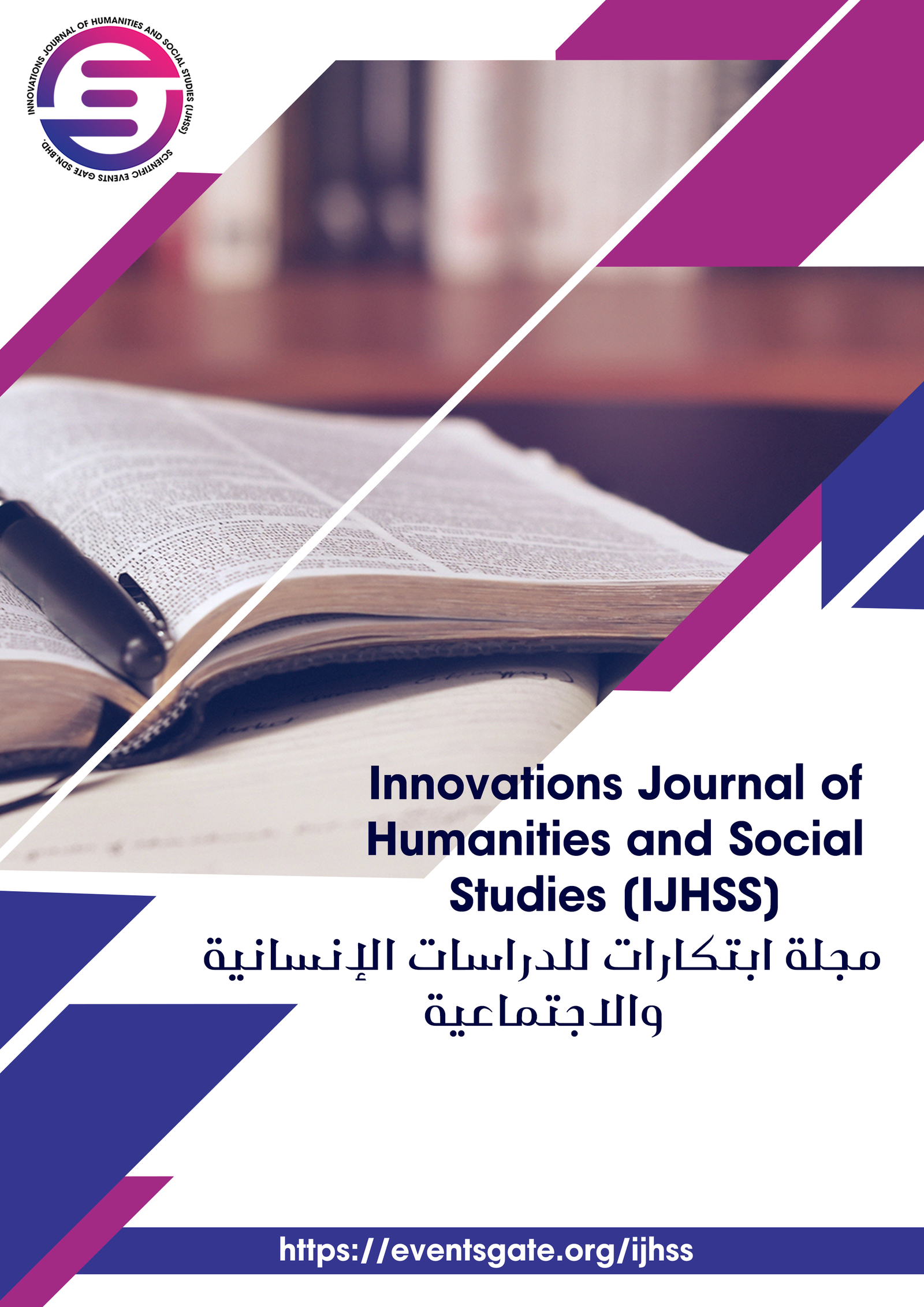Weak use of historical documents in historical research
(Islamic history as a model)
DOI:
https://doi.org/10.61856/ijhss.v2ispc..203Keywords:
University theses, Manuscripts and Documents, HeritageAbstract
Heritage dissertations specialize in studying cultural activities during the various Islamic eras, so they need to review historical manuscripts and documents, which are a major heritage source. One of the challenges for students is that they are not directed to study one of the manuscripts or documents by their academic supervisors during the period of preparing the thesis. It is also not available to them from manuscript and document houses, except to a limited extent, and many of them will find it difficult to read it. The reasons for this are due to the personality and thought of his supervisor. Either he is resigned to the fact that it is not available, or he lacks confidence in the student’s abilities, or his weak experience in this field. As for the role of manuscripts and documents, many of them are strict about releasing what they have from these sources to students, perhaps because they are trying to preserve their intellectual rights, or they do not keep pace with technological development, or because they have a weakness in money. As for the students’ weak experience in dealing with these sources and how to read them, this is due to the lack of inclusion of courses that interest them in studying them. I proposed several solutions, some of which relate to the academic supervisor himself, and others relate to libraries and scientific canters interested in manuscripts and documents, as well as university administrations in the Arab world.
Downloads
Published
How to Cite
Issue
Section
License
Copyright (c) 2024 ijhss

This work is licensed under a Creative Commons Attribution 4.0 International License.






